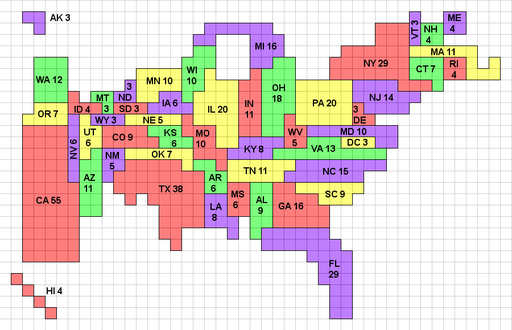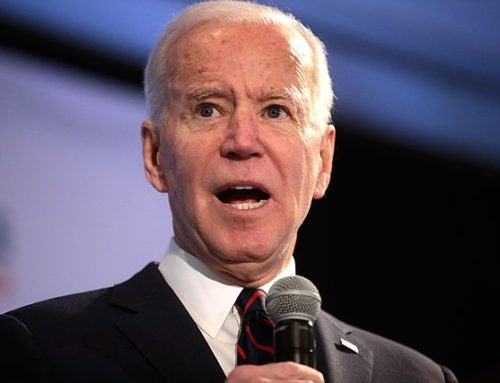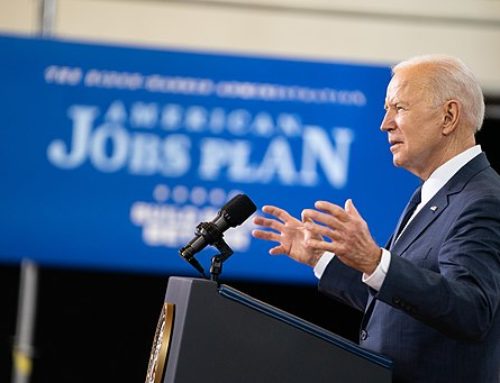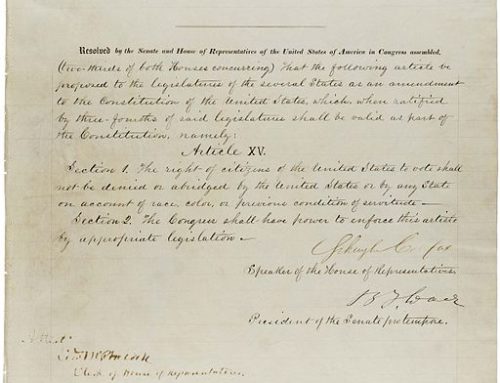Introduction:
In recent years several people have expressed to me their desire for America to eliminate our Electoral College system for electing our president. Their reason is a recognition that given demographic changes the Democratic Party henceforth will likely receive the most popular votes in upcoming presidential elections. Stated differently, Republicans are incentivized to maintain the current system.
Twice in the twenty-first century Republicans have assumed the presidency despite obtaining less votes than their Democratic challenger. (George Bush 2000 and Donald Trump 2016) In the most recent election, a change of 45,000 votes in favor of Donald Trump in three states-Wisconsin, Georgia, and Arizona- would have led to his election. While I recognize that selecting someone for President who did not receive the most votes seems unfair, I would like at the end of this essay to discuss my concerns that eliminating the Electoral College could introduce such far-flung changes in our democracy that keeping the present system is preferable.
Brookings Institute Arguments for eliminating the Electoral College
The Electoral College dramatically unrepresents the four most populous states–California, Texas, Florida, and New York. Specifically, because even our least populous states start off with three electoral votes (2 Senate + 1 Congressman) a voter in one of these states their voters are over represented. While California has one electoral vote per 712,000 people, Wyoming–the least populous state in the country–has one electoral vote per 195,000 people. Brookings argues that unless we eliminate our electoral college, we will undermine our democracy.
Brookings recognized that we cannot expect through an amendment to alter the Constitution. That is, it is unrealistic to expect a 2/3rdsvote in both houses of Congress, followed by the ratification of 3/4ths of the states. Despite Biden’s overwhelming popular vote majority (7 million), he won only 25 states. 9 states that voted for Trump would have to approve an amendment abolishing the Electoral College.
Brookings advocates a different system for eliminating the Electoral College–the National Popular Vote Interstate Compact (NPVIC). This compact guarantees that states are free to determine the manner in which they award their electoral votes. The compact requires states to pass laws that would award their electoral votes to the candidate who wins the popular vote nationally. Under the current plan, states that join will not activate the compact until enough states have joined to total 270 electoral votes. That is, the compact does not go into effect until there is a critical mass of states for it to be effective.
Currently, 15 states and DC have approved the NPVIC. These states currently total 196 electoral votes, although after the 2020 census is completed, projections suggest a net loss of two seats, lowering that number to 194. Each of those states has Democratic control of the state legislature. If the remaining states with Democratic control of the legislature (Maine, Nevada, and Virginia) were to sign on, it would add an additional 23 Electoral College votes. The compact would then be 43 Electoral College votes short of going into effect. It should be noted, there is debate about the permissibility of such a proposal and its going into effect would likely face a flurry of lawsuits. Nonetheless, it is likely the most viable alternative to the current Electoral College system.
In brief, the only practical way of ending the Electoral College is to eliminate “winner-take-all.”
In the first instance, states could decide to award 2 Electoral College votes (EVs) to the winner of the national popular vote (NPV) and the remainder to the winner of the state. That means that the national winner would start out with 102 Electoral College votes. In most cases this should prevent the popular vote loser from becoming president.
A second variation would be to award two Electoral College votes from each state to the winner of the national popular vote and award the remaining electors to the winner of each congressional district (CD). Nebraska and Maine already award some of their electors to the winners of the congressional districts. An example of a state closely split by congressional district is Florida in 2016, where Trump won in 14 of them and Clinton won in 13. Under this option, Florida would give 15 Electoral College votes to Clinton and 14 to Trump.
My Concerns About Eliminating the Electoral College
While I recognize the grievances of Democrats who resent the victories of Bush and Trump despite their receiving less votes than their opponents, I worry that eliminating the Electoral College will destroy our two party hegemony and thus introduce other challenges. Currently, America has two major parties who complete on local, state, and national platforms. The reason for the evolution of two parties is primarily a function of the Electoral College. That is, the failure of third parties to gain popularity in our country reflects recognition of their inability to win the Presidency. Stated differently, without the Electoral College, many regional parties could spring up. Thus, we could end up with a situation where the leading vote getter receives only 30% of the vote. In this case, Congress not the people will determine the President–Thomas Jefferson 1800, John Quincy Adams (1824), and Rutherford Hayes (1876). All of these were “messy affairs” leading to protracted behind the scenes Congressional bargaining. Needless to say, a system where Congress not the people select the president will lead to an ineffective executive, without the authority to lead America during these tumultuous times.
Until now, the genius of America is the requirement of our President to seek a “middle road.” Stated differently, Presidential candidates need the support of Independents to win. The elimination of the Electoral College will promote regional candidates or “special interests.”
Looking at the map highlights the fragile nature of our country. That is, the Democratic Party does very well along our East and West Coasts. By contrast the Republican Party does well in the middle. We do not want to encourage polarization based upon regional preferences. Stated differently, Belgium (a postage sized country) remains a precarious entity, given the conflict between the Flemish and the Walloons. Because America’s presidential elections are see saw affairs, the bitterness of the loses is lessened by the prospect of victories in upcoming elections. Any belief that their party would have permanent minority status would be inflammatory.
Conclusion
I recognize the Electoral College undermines the popular sovereignty of Democrats. On the other hand, we need to think through the ramifications of eliminating the Electoral College. That is, the Electoral College prevents the ascension of third parties.
Originally published in the Sarasota Herald-Tribune




